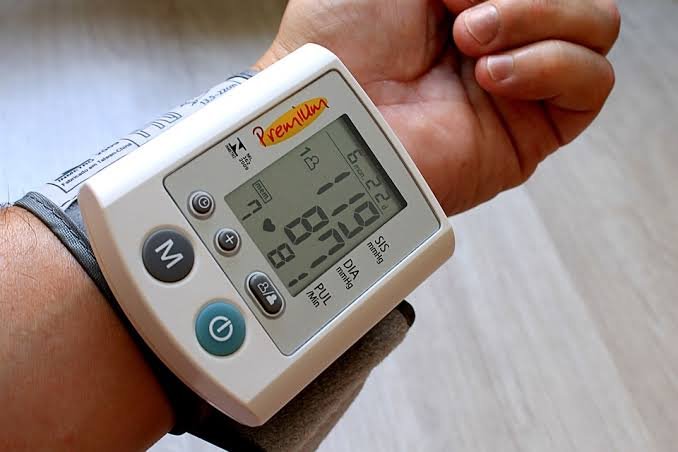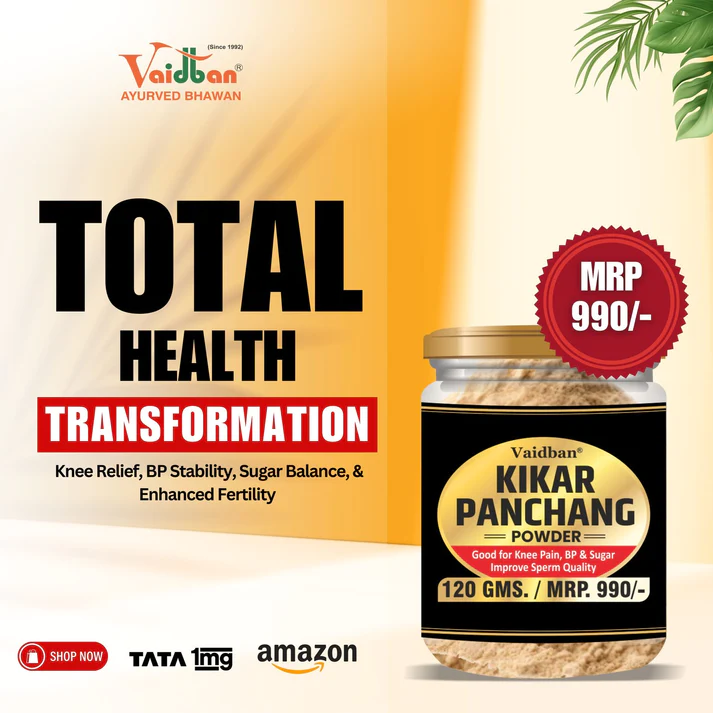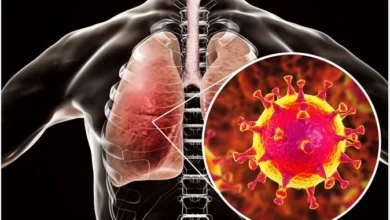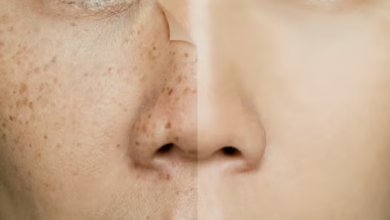How to cure high blood pressure & lower blood pressure

High blood pressure, also known as hypertension, is a condition that affects millions of people around the world. It is a major risk factor for heart disease, stroke, and other serious health conditions. Fortunately, there are steps you can take to manage and even cure high blood pressure. In this article, we’ll discuss some of the most effective ways to reduce your blood pressure and maintain healthy habits.
Hypertension is a medical condition in which the blood pressure in your arteries is consistently high. Blood pressure is measured in millimeters of mercury (mmHg) and is recorded as two numbers, systolic pressure (the top number) and diastolic pressure (the bottom number). A blood pressure reading of 120/80 mmHg or lower is considered normal. A reading between 120/80 and 139/89 mmHg is considered pre-hypertension, and a reading of 140/90 mmHg or higher is considered hypertension.
Blood pressure management is essential for people with hypertension. If left untreated, high blood pressure can lead to serious health problems such as heart disease, stroke, kidney disease, and eye damage. The good news is that there are several ways to lower your blood pressure naturally, without the need for medication.
One of the most effective ways to reduce your blood pressure is to adopt healthy habits. This includes maintaining a healthy weight, eating a balanced diet, reducing salt intake, limiting alcohol consumption, and quitting smoking. Maintaining a healthy weight is important because excess weight puts extra strain on the heart, leading to high blood pressure. Eating a balanced diet that is rich in fruits, vegetables, whole grains, and lean protein can help lower blood pressure by reducing the amount of saturated and trans fats in the diet.
Reducing salt intake is another important way to manage high blood pressure. Salt contains sodium, which can raise blood pressure by increasing the amount of fluid in the blood vessels. The American Heart Association recommends consuming no more than 2,300 milligrams (mg) of sodium per day, and ideally, no more than 1,500 mg per day for most adults. This can be achieved by avoiding processed foods, which are often high in sodium, and choosing fresh or frozen fruits and vegetables instead.

Limiting alcohol
Limiting alcohol consumption is also important for blood pressure management. Drinking more than moderate amounts of alcohol can raise blood pressure and increase the risk of heart disease and stroke. The American Heart Association recommends that men limit their alcohol intake to two drinks per day, and women limit their intake to one drink per day. Finally, quitting smoking is an essential step in blood pressure management. Smoking damages the blood vessels and raises blood pressure, as well as increasing the risk of heart disease and stroke. If you smoke, quitting is the best thing you can do for your health.
In addition to these healthy habits, there are several other natural ways to manage high blood pressure. Exercise is an important way to lower blood pressure by improving the health of the heart and blood vessels. Aim for at least 30 minutes of moderate-intensity exercise most days of the week, such as brisk walking, cycling, or swimming.
Stress
management techniques such as deep breathing, meditation, and yoga can also help lower blood pressure. Stress can cause the body to release hormones that increase blood pressure, so finding ways to manage stress can be an important part of blood pressure management.
Finally, certain dietary supplements have been shown to help lower blood pressure. These include omega-3 fatty acids, coenzyme Q10, and garlic supplements. It’s important to talk to your doctor before taking any supplements, as they can interact with other medications and may not be safe for everyone. High blood pressure, also known as hypertension, is a common health condition that affects millions of people worldwide. If left untreated, hypertension can lead to serious health problems such as heart disease, stroke, and kidney disease. Fortunately, there are several ways to manage and lower blood pressure, including dietary changes, exercise, and stress management techniques.
Diet
plays a significant role in blood pressure management. A balanced diet that is low in saturated and trans fats, salt, and added sugars is essential for people with hypertension. The Dietary Approaches to Stop Hypertension (DASH) diet is a popular eating plan that has been shown to reduce blood pressure. The DASH diet emphasizes fruits, vegetables, whole grains, lean protein, and low-fat dairy products. It also encourages reducing sodium intake to no more than 2,300 milligrams per day and limiting alcohol consumption.
In addition to the DASH diet, there are several other dietary changes that can help manage blood pressure. Eating foods rich in potassium, such as bananas, avocados, and leafy greens, can help counteract the effects of sodium on blood pressure. Omega-3 fatty acids, found in fatty fish such as salmon and tuna, can also help lower blood pressure. Finally, reducing caffeine intake can help manage blood pressure, as caffeine can temporarily raise blood pressure.
Exercise
Exercise is another important component of blood pressure management. Regular physical activity can help lower blood pressure by improving the health of the heart and blood vessels. The American Heart Association recommends at least 150 minutes of moderate-intensity exercise per week, such as brisk walking, cycling, or swimming. Resistance training, such as weightlifting, can also be beneficial for blood pressure management. However, it’s important to talk to a healthcare provider before starting a new exercise program, especially if you have hypertension.
Stress
Stress is a significant contributor to high blood pressure. When we are stressed, our body releases hormones that can increase blood pressure. Therefore, stress management techniques are an essential part of blood pressure management. Mindfulness meditation, deep breathing exercises, and yoga have been shown to help reduce stress and lower blood pressure. Regularly practicing these stress management techniques can also help improve overall mental health and well-being.
In addition to diet, exercise, and stress management, there are several other healthy habits that can help manage blood pressure. Quitting smoking is an essential step in blood pressure management. Smoking damages the blood vessels and raises blood pressure, as well as increasing the risk of heart disease and stroke. If you smoke, quitting is the best thing you can do for your health.
Limiting alcohol consumption is also important for blood pressure management. Drinking more than moderate amounts of alcohol can raise blood pressure and increase the risk of heart disease and stroke. The American Heart Association recommends that men limit their alcohol intake to two drinks per day, and women limit their intake to one drink per day.
Maintaining a healthy weight is another important factor in blood pressure management. Excess weight puts extra strain on the heart and blood vessels, leading to high blood pressure. A balanced diet and regular exercise can help achieve and maintain a healthy weight.
In conclusion, hypertension is a serious health condition that requires blood pressure management. Dietary changes, regular exercise, stress management techniques, quitting smoking, limiting alcohol consumption, and maintaining a healthy weight are all important factors in blood pressure management. If you have hypertension, talk to your healthcare provider about developing a personalized plan for blood pressure management that includes these healthy habits. By making these lifestyle changes, you can lower your blood pressure and reduce your risk of serious health problems.
you have any queries related to medical health, consult Subhash Goyal or his team members on this given no:+91 99150 99575,+91 99150 72372,+918283060000



